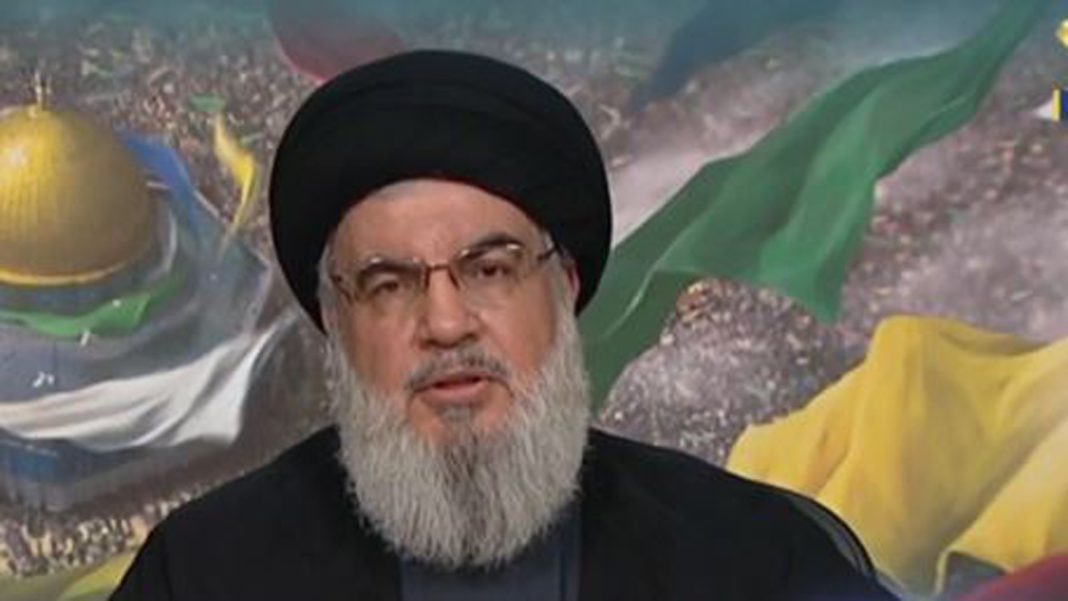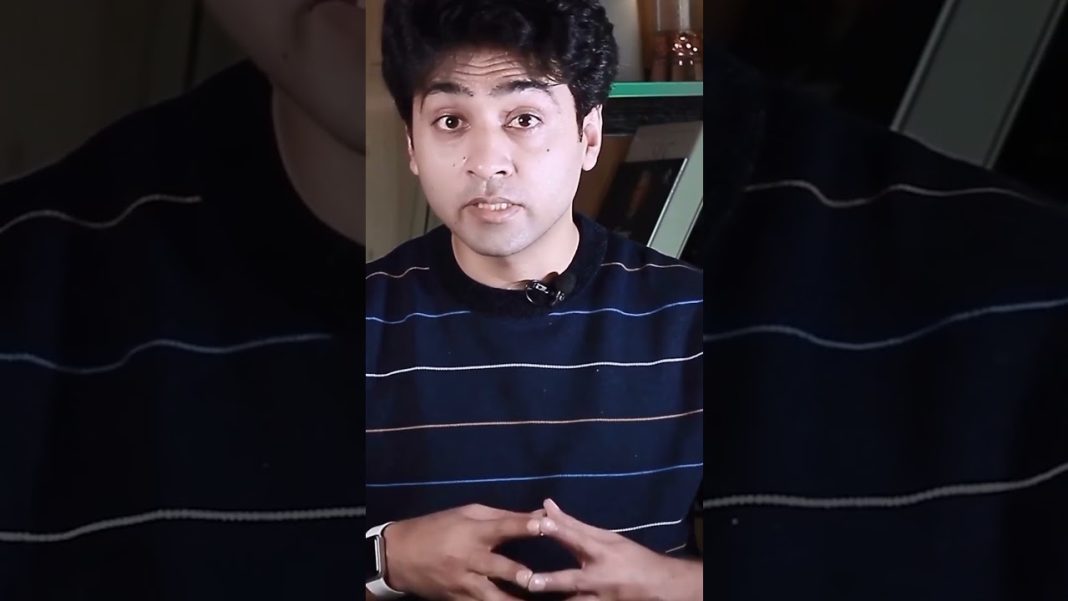**The Legacy of Hassan Nasrallah: A Complex Figure in Middle Eastern Turmoil**
In the annals of Middle Eastern history, few figures have wielded as much influence as Hassan Nasrallah, the long-time leader of Hezbollah, whose recent death in an Israeli airstrike has sent shockwaves through the region. At the age of 64, Nasrallah’s demise marks the end of an era for the Iranian-backed militant group he transformed into a formidable paramilitary and political force. His leadership spanned over three decades, during which he navigated Lebanon’s intricate political landscape, engaged in conflicts with Israel, and asserted Hezbollah’s role in the broader geopolitical conflict involving Iran and its allies.
Nasrallah’s leadership was characterized by his fiery rhetoric and strategic acumen. He became a central figure during the 2006 war with Israel, which many saw as a defining moment for both Hezbollah and the Lebanese state. The conflict, sparked by Hezbollah’s capture of two Israeli soldiers, resulted in a devastating Israeli response, leading to extensive destruction across Lebanon. Despite the heavy toll, Nasrallah declared a “divine victory,” positioning himself as a resilient leader who defied a much stronger military power. His legacy is complex; while he is idolized by many Shiite Muslims and regarded as a hero in the Arab world, he is viewed as an extremist by the West and certain Gulf states.
Born into poverty in Beirut, Nasrallah’s early life was shaped by the Lebanese civil war, which forced his family to relocate. His educational journey took him to Iran, where he studied under the influential clerics who shaped his ideological framework. He joined Hezbollah at its inception in the early 1980s, during the Israeli invasion of Lebanon, and quickly rose through the ranks, becoming secretary-general following the assassination of his predecessor, Abbas Musawi, in 1992.
Under his stewardship, Hezbollah evolved from a local militia into a key player in regional geopolitics, aligning closely with Iran and supporting Syrian President Bashar Assad during the Syrian civil war. This alliance, however, was not without consequences; Hezbollah’s involvement in Syria significantly reduced its popularity among Arab nations, which largely condemned Assad’s brutal regime. Yet, with the onset of the recent conflict in Gaza, Nasrallah managed to reinvigorate Hezbollah’s standing by positioning the group as a defender of Palestinian rights, leading to renewed support from the Arab populace.
The recent escalation in violence, marked by a barrage of rocket attacks from Hezbollah into northern Israel in solidarity with Hamas, reflects the group’s resolve and its commitment to the Palestinian cause. In a terrifying cycle of violence, Israeli airstrikes have led to significant casualties on both sides, with Lebanese authorities reporting over 700 fatalities in just five days of conflict. The intensity of this recent surge has raised fears of a broader regional war, echoing the harrowing memories of the 2006 Lebanon War.
Despite the power he wielded, Nasrallah’s life was shrouded in secrecy and fear of assassination, forcing him into a life of relative isolation. His public appearances were often limited to carefully orchestrated broadcasts, where he maintained his image as a charismatic leader, capable of rallying his followers with passionate oratory. Yet, beneath this facade lay a pragmatic strategist who understood the importance of both military strength and political maneuvering. His dual identity as a militant leader and a politician allowed him to navigate Lebanon’s complex political landscape, where he sought to create a “state within a state” through a robust social welfare network that gained him significant grassroots support.
In the wake of Nasrallah’s death, questions loom about the future leadership of Hezbollah and the potential shifts in the region’s power dynamics. His passing could create a vacuum that might either lead to fragmentation within the group or potentially usher in a new leader capable of continuing his legacy. Experts suggest that the group’s response to Israel’s aggression will likely be influenced by its internal dynamics and the broader geopolitical landscape, including Iran’s role in shaping Hezbollah’s strategies.
As the Middle East stands on the precipice of uncertainty, Hassan Nasrallah’s legacy remains a testament to the complexities of resistance, identity, and power in a region fraught with conflict. His life and leadership illustrate the intricate interplay between ideology and political maneuvering, a dance that continues to define the region’s turbulent history. With his passing, the question persists: Who will fill the void left by a leader who once held the fate of many in his hands? Only time will reveal the answers, but one thing is certain—Nasrallah’s impact on Lebanon and the broader Middle East will echo for years to come.

